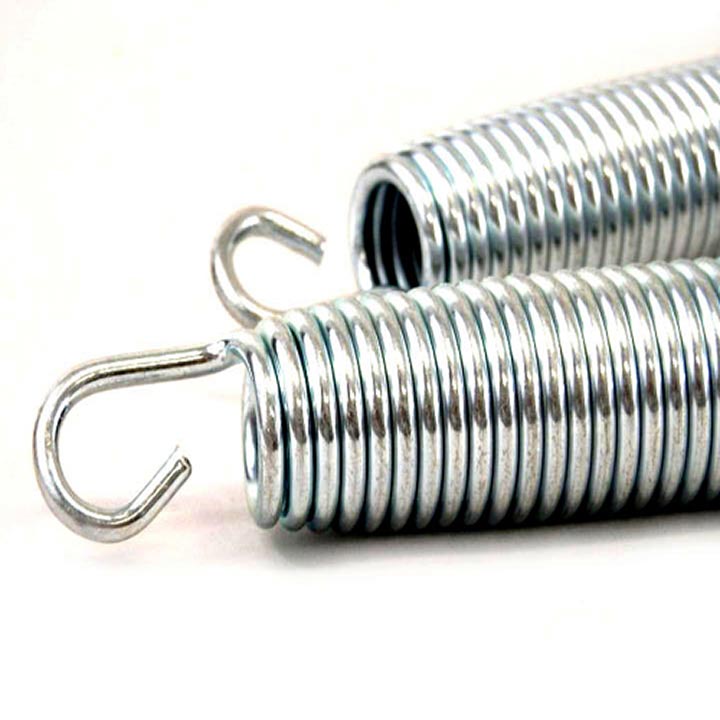
The Ultimate Guide to Sourcing Trampoline Springs
The Ultimate Guide to Sourcing Trampoline Springs
Intro
When customers judge a trampoline, they judge the bounce— and bounce is determined almost entirely by spring quality Yet most brands dramatically underestimate how much wire grade, coil tension, and plating impact both performance and safety.
If you’re sourcing springs from China, this guide will help you understand exactly what to look for, what to avoid, and how to ensure long-term durability.
1. Wire Grade Is the Foundation of a Good Spring
The quality of the metal determines everything — lifespan, elasticity, bounce feel, and long-term safety.
Common Wire Types:
• Music Wire (High Carbon Steel)
The highest-performance choice. Strong elasticity, tight feedback, premium bounce.
• Galvanised Steel
Widely used but varies massively between factories. Requires careful QC.
• Oil-Tempered Wire
Excellent strength and resilience under repeated load cycles.
Lower-quality wire means springs stretch early → bounce flattens → warranty claims explode.
2. Coil Count & Tension: The Engineering Behind the Bounce
The number of coils and the tension in the coil design directly affect the trampoline’s feel.
General rules:
More coils = softer, smoother bounce
Fewer coils = firmer, more powerful bounce
Incorrect tension = uneven bounce or early spring fatigue
Premium springs are engineered — not guessed. If a supplier can’t explain their coil/tension assumptions, that’s a red flag.
3. Plating & Corrosion Protection
Springs fail fast when the plating is poor.
Plating Types:
• Electro-Galvanised:
Low cost, weak long-term rust resistance.
• Hot-Dipped Galvanised:
Thicker coating, superior corrosion resistance, best option for Australian & U.S. climates.
• Zinc Coating Thickness:
The thicker the zinc layer, the longer the spring lasts outdoors.
Rust = weak bounce + dangerous breakage points.
4. Essential Spring Tests Your Supplier MUST Provide
If the factory can’t give these, don’t trust the springs:
Load/Stress Test
Elasticity Retention Test
Coil Fatigue Test
Salt-Spray (Corrosion) Test
Testing prevents 90% of long-term problems.
5. Why We Custom Engineer Springs for Better Performance
With over 15 years in the trampoline industry, we’ve learned what most factories don’t consider:
Exact wire grade
Correct coil ratios
Better plating standards
Batch testing
Long-term elasticity checks
Our custom-engineered springs consistently outlast cheaper “factory standard” versions — saving brands thousands in returns while improving customer satisfaction.
Conclusion
Springs aren’t a small detail — they’re the heart of the trampoline. Understanding wire quality, tension, plating, and proper QC can turn a generic trampoline into a high-performance product.
Getting this right is one of the simplest ways to increase customer satisfaction and reduce warranty claims.
CTA
Want help sourcing high-quality springs or designing a custom spring spec?
